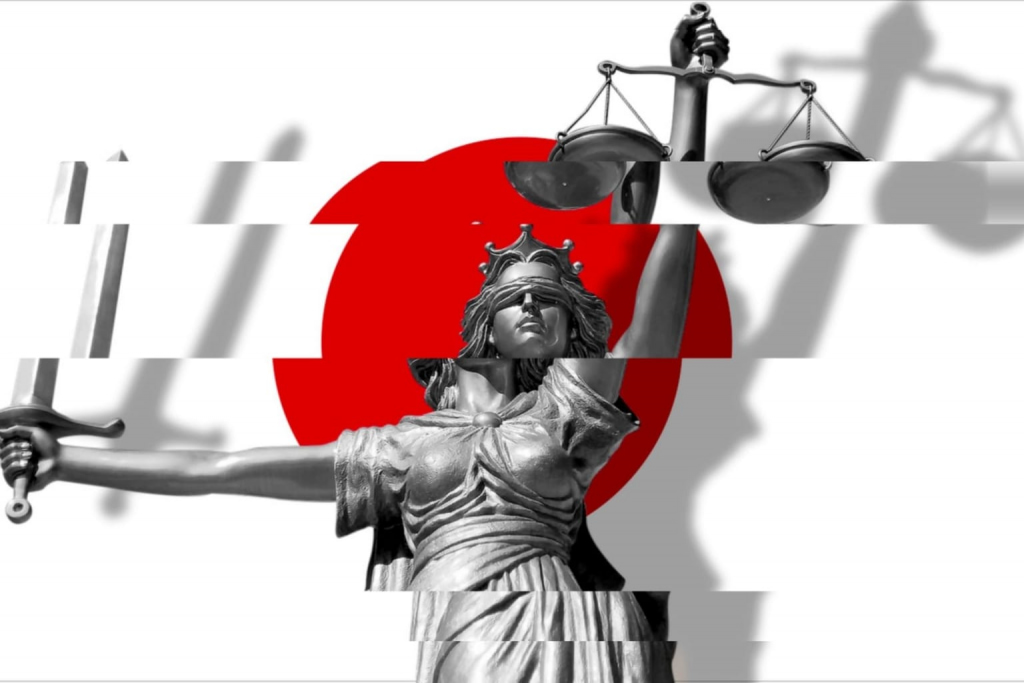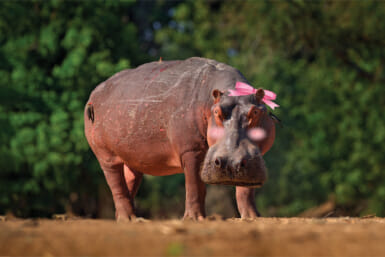In spring 2021, Kyoto is set to host the 14th United Nations Congress on Crime Prevention and Criminal Justice at a time when Japan’s own legal system is coming under heightened international scrutiny. In particular, there have been a growing number of calls from human rights groups, legal scholars and more than 1,000 lawyers to eliminate what is known as hitojichi-shiho (“hostage Justice”).
The pejorative term refers to the practice of holding detainees for prolonged periods in Daiyo Kangoku (substitute prisons), during which time they are kept in difficult conditions while being subjected to relentless interrogations without a defense attorney present until they confess. Regardless of the severity of the alleged crime, a suspect can legally be held without charge for 23 days, however, prosecutors can extend this period by breaking a single case down into multiple offenses so even when “released,” they are then often re-arrested, and the process effectively begins again.
Carlos Ghosn
In January this year, the then minister of justice Masako Mori (who has since been replaced by Yoko Kamikawa), defended the country’s legal system. “There have been many revisions resulting in the audio recording and filming of suspect questioning,” she said in an interview with BS Fuji’s Prime News. “Moreover, Japan does not allow investigators to use wiretapping and sting operations techniques, which are used in other countries. Also, suspects and defenders can have unmonitored meetings with their lawyers.”
“I do not mean to imply the revisions are perfect,” continued Mori. “The point is we are humbly accepting criticism while seeking to improve our system. Defenders and victims both have rights, so we conduct investigations in pursuit of the truth while sharpening awareness of safeguarding all parties’ rights. The result of our system has been a country with a low crime rate. I hope that reality will be understood and that we can continually improve our approach to justice.”
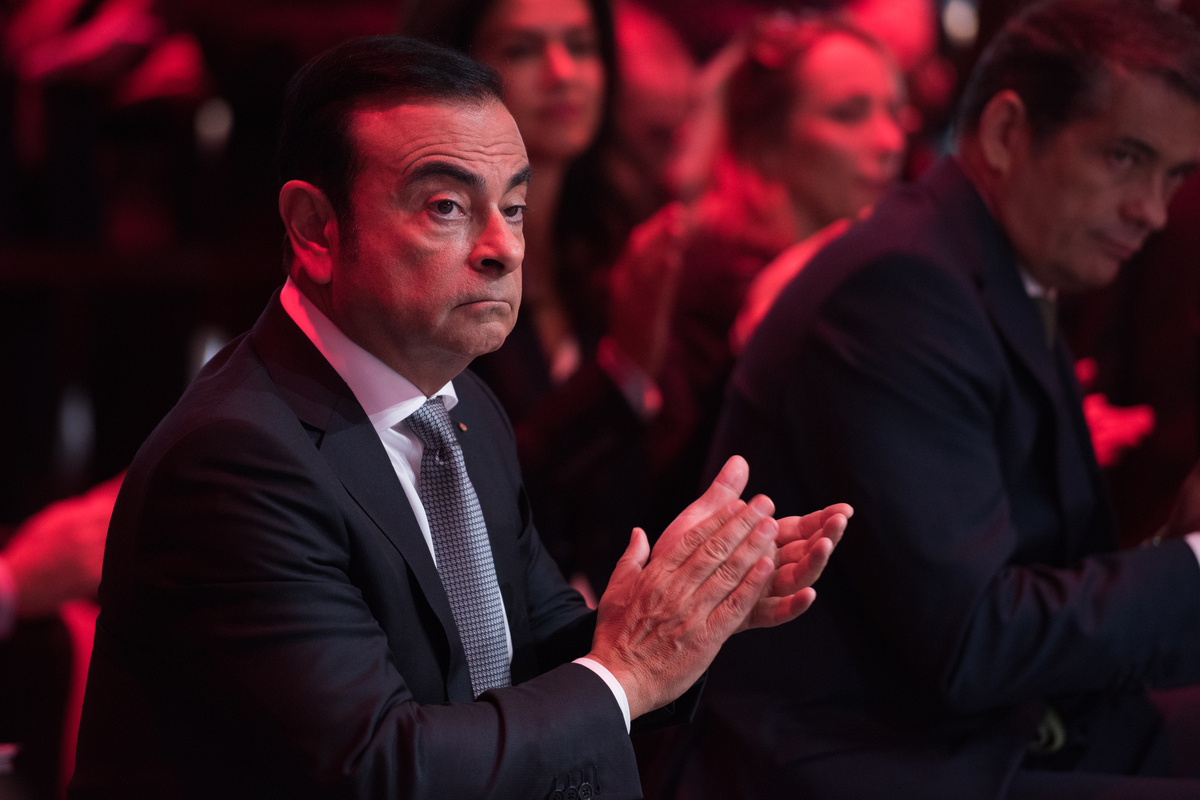
Former Nissan CEO Carlos Ghosn at a press conference at the the Paris motor show in 2016. Photo: Shutterstock
Mori was responding to a highly publicized news conference given by Carlos Ghosn on January 8, just over a week after his dramatic escape from Japan. The former Nissan chairman, who was arrested on suspicion of under-reporting his earnings and misuse of company assets, spent almost 130 days in prison, during which time he was not allowed to contact his wife.
He described the detention system in Japan as “anachronistic and inhumane,” claiming that he was interrogated day and night, “sometimes up to eight hours at a time,” while lights were left on around-the-clock. In his recently released book Time for the Truth, further revelations have once again put a global spotlight on the so-called hostage justice system in this country.
Scott McIntyre
In the same detention facility in Kosuge where Ghosn was detained was Australian sports journalist Scott McIntyre. On November 28, 2019, he was arrested for illegally trespassing after he briefly gained access to the common area in his parents-in-law’s apartment building. McIntyre alleges that his wife abducted his children in May of that year, which he says is illegal under item 224 of the Japanese criminal code. “I just wanted to check they were safe following Typhoon Hagibis,” he recently told Tokyo Weekender. McIntyre was incarcerated for 45 days before being given a suspended sentence.
“I don’t know the ins and outs of the Ghosn case, so I can’t say whether he is guilty or not, but I can corroborate on his claims about what happens in detention centers in Japan,” says McIntyre. “Like him, I was subjected to 24-hour light, which is barbaric and has been classified by the U.N. and Amnesty International as a form of torture. I tried to complain but was told if I didn’t stop, I would end up in an isolation cell or be physically restrained with a straitjacket.”
McIntyre spent his first three weeks of incarceration in a small crowded cell at a local remand center before being transferred to the infamous Kosuge facility where Aum Shinrikyo leader Shoko Asahara was hanged in 2018. Describing both places as “horrific,” he says he was only permitted to shower twice a week. Exercising was allowed for thirty minutes daily, however, for the rest of the day, he had to stay seated except for when he went to the toilet or washed dishes.
“I was told if I didn’t stop [complaining about the light], I would end up in an isolation cell or be physically restrained with a straitjacket.”
During an open day for the foreign press at the Kosuge facility last year (that didn’t include the seven execution chambers or interrogation rooms), chief warden Shigeru Takenaka explained that the no-standing rule was put in place to avoid confusing guards who may think an inmate has committed suicide if they see them upright. He also defended the conditions inside a prison in which around two-thirds of those being held have not been convicted and are awaiting trial.
“In terms of living conditions, I think we meet all of the proper standards – in nutrition, exercise and medical care,” he said. “The inmates will ultimately return to society, so we have to strike a balance. The circumstances here have to be good, but not so good that they are better than those of some people living outside.”
McIntyre disagrees. “The conditions are barbaric,” he says. “For days, I sat in a dank holding cell, shoulder to shoulder with seven other prisoners, none of whom I was permitted to converse with. Instead, you should be reflecting on what you’ve done. If you admit to the crime, your sentence will be reduced. The aim is to psychologically break and wear you down so you will eventually confess. That’s how they achieve the famous conviction rate that is well over 99 percent. It leaves many with mental scars that can take a long time to get over.”
Matthew Ashton-Peter
For some, there is no recovery. In July 2018, Australian citizen Matthew Ashton-Peter took his own life less than two weeks after returning to his native homeland from Japan. He had been arrested four months earlier on suspicion of receiving drugs (a gram of cocaine) in the post while working at a ski resort for the winter holidays in Hokkaido. Intercepted at Kansai Airport, the package had been addressed to one of several accommodations he stayed in during the trip but didn’t have his name on it. He spent 23 days in Kutchan and Sapporo prisons before being released on bail on April 4. The case was eventually dismissed two months later due to a lack of evidence.
“I got a Facebook message from Matthew saying he had been detained but had no idea why,” his mother Valerie Ashton told Tokyo Weekender. “After that, I was desperately trying to find out what was happening but was unable to contact him for more than 20 days, until he got bail. He said he was taken out of his cell for four hours a day to be interrogated. The prosecutors hammered the table, telling him, through an interpreter, that he’d let his family and girlfriend down and none of us cared about him. He was told if he pleaded guilty, he could go home. If he didn’t, he would definitely be spending the next ten years in a Japanese prison.”
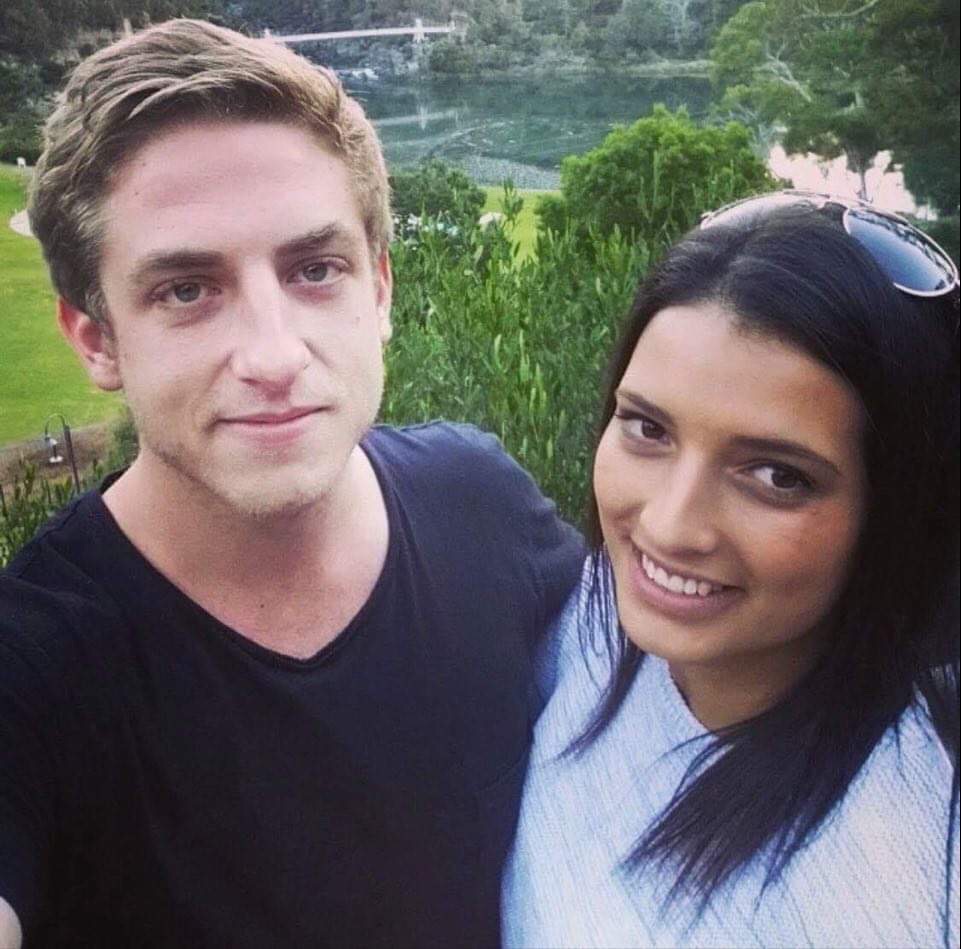
Matthew Ashton-Petert with his girlfriend after he returned home from Japan
While Ashton still doesn’t know the truth behind her youngest son’s arrest, she is in no doubt that it was the “terrifying and traumatizing experience,” inside the Japanese detention center where prosecutors made him feel “worthless,” which caused him to take his own life. According to the mother-of-four, he had been looking to hang himself while in the tiny isolation cell in Sapporo as he thought that was where he would be spending the next ten years. The charges were eventually dropped and on June 20, 2018, it seemed like the nightmare was over as he was allowed to fly back to Australia.
“The aim is to psychologically break and wear you down so you will eventually confess. That’s how they achieve the famous conviction rate that is well over 99 percent.”
“We were on a mission to get him home and I can’t describe the feeling of joy when I saw him,” recalls his tearful mother. “Being so elated, we didn’t properly see what was happening inside him. He didn’t look well, had lost 10kg and his electrical business was struggling because he hadn’t been able to contact customers. He was reluctant to talk about what happened and we didn’t delve or poke as we were so happy to have him back. That is my biggest regret.”
“He had been booked in to see a counselor but killed himself the night before the appointment,” continues Ashton. “No-one but a mother can understand the pain of losing their beloved child to suicide. I’m still so angry and disgusted by how he was treated. They broke his mind, yet there has been no apology. His defense attorney told me even the U.N. condemns Japan for its treatment of detainees. Young lawyers are trying to change things but face many hurdles. It’s too late for my son, but I hope something is done so tragedies like this can be avoided in the future.”
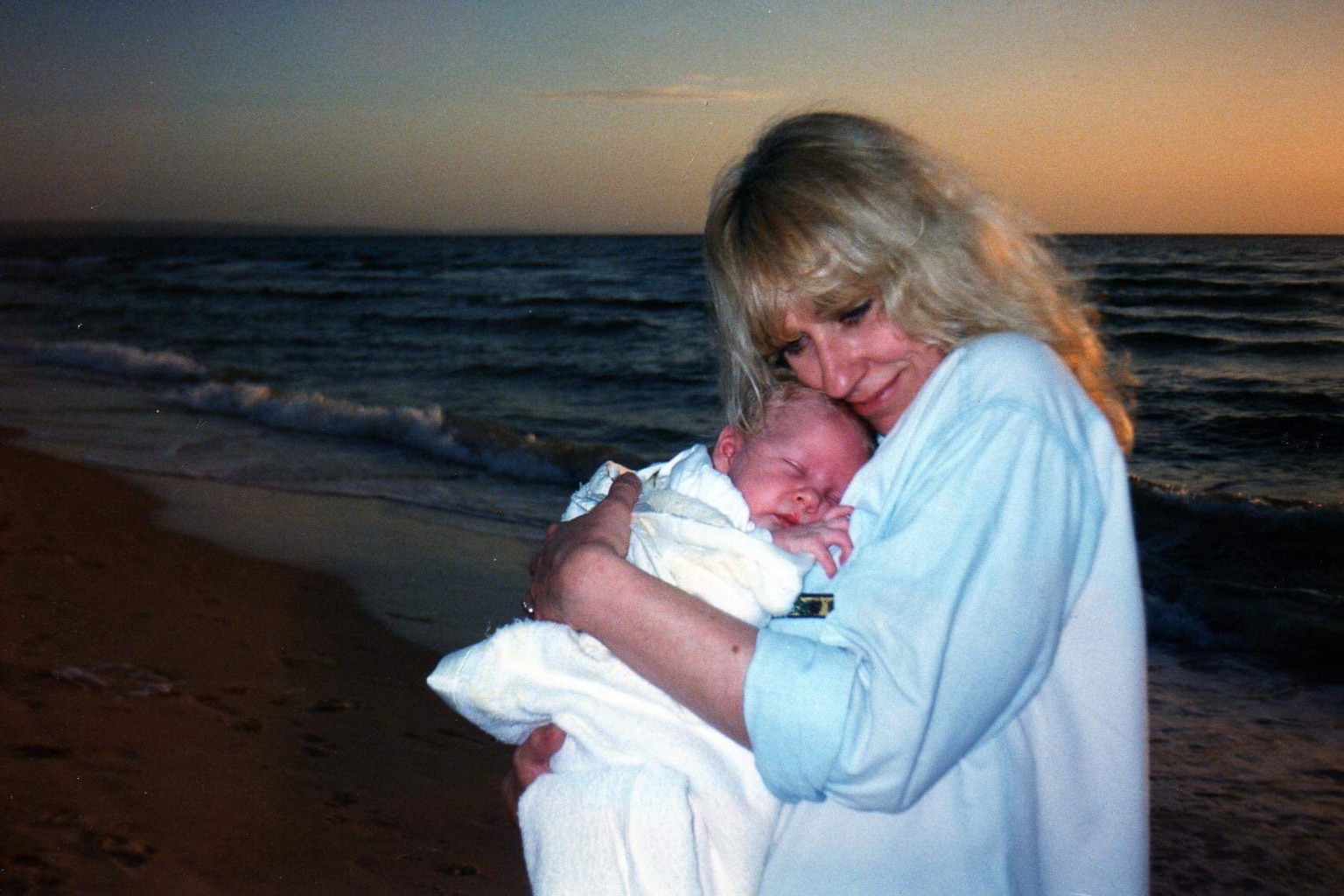
Matthew’s mother with him when he was a baby
There are signs to suggest that things are slowly but surely starting to change here. One of the most notable amendments in recent years was the introduction of audio/video recordings as part of the questioning process. For the Japan Federation of Bar Associations, though, the new law doesn’t go far enough as it’s only used in limited cases and attorneys are still not allowed to attend interrogations. They will continue to lobby returning justice minister Kamikawa for further reforms, including abolishing the Daiyo Kangoku system. With the U.N. Congress on Crime Prevention and Criminal Justice just a few months away, there is a lot for her to consider.

